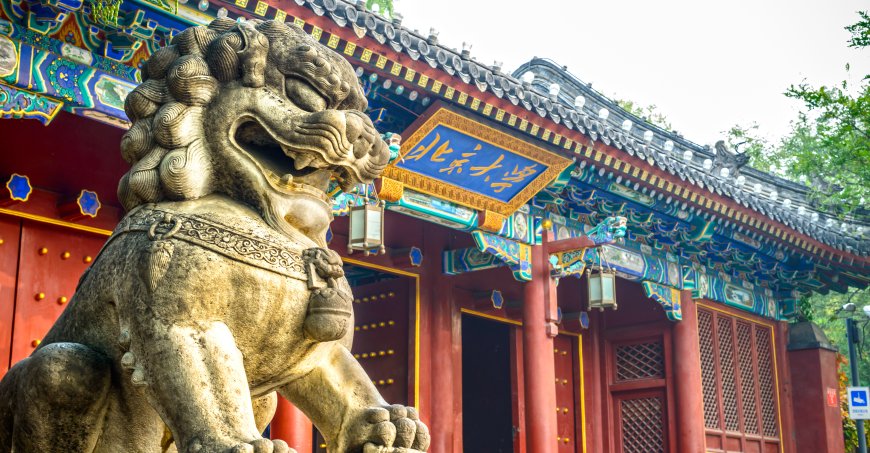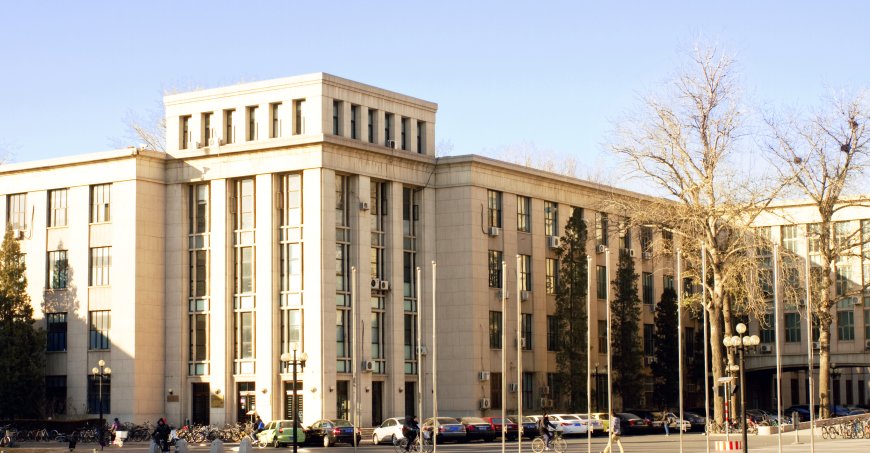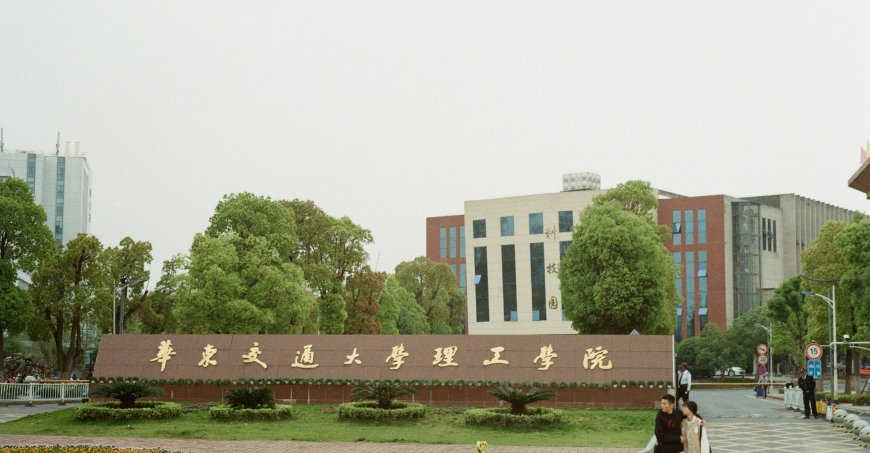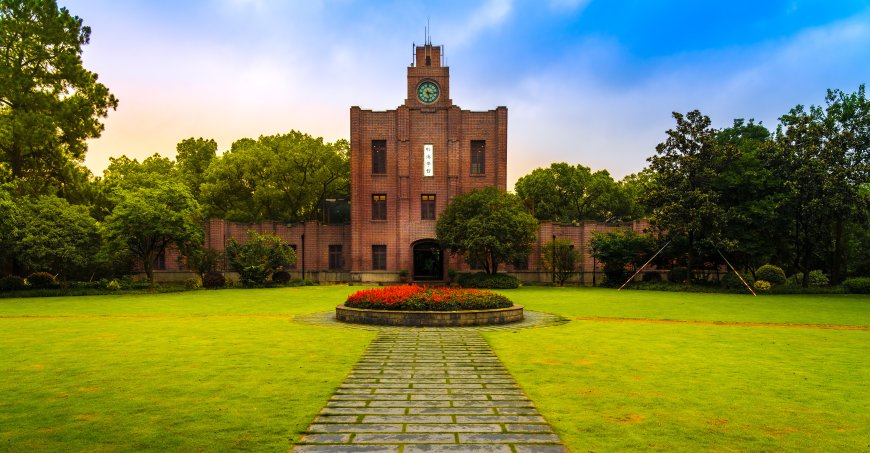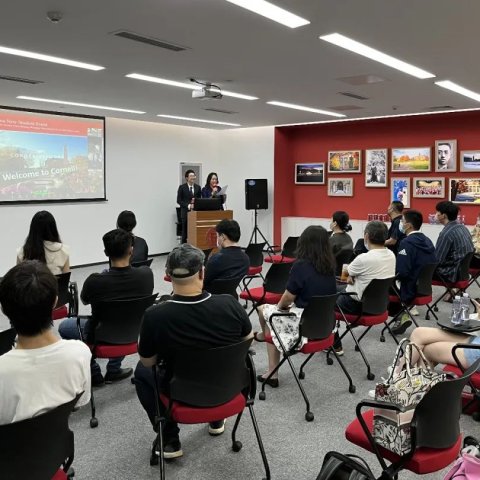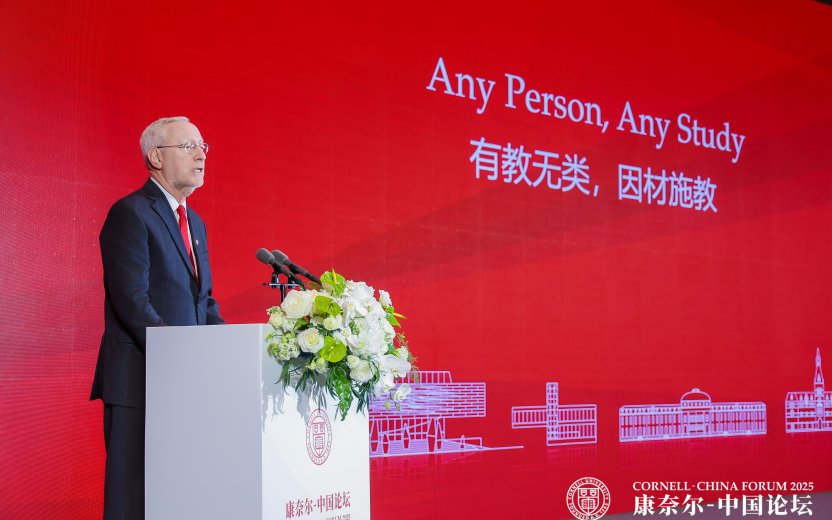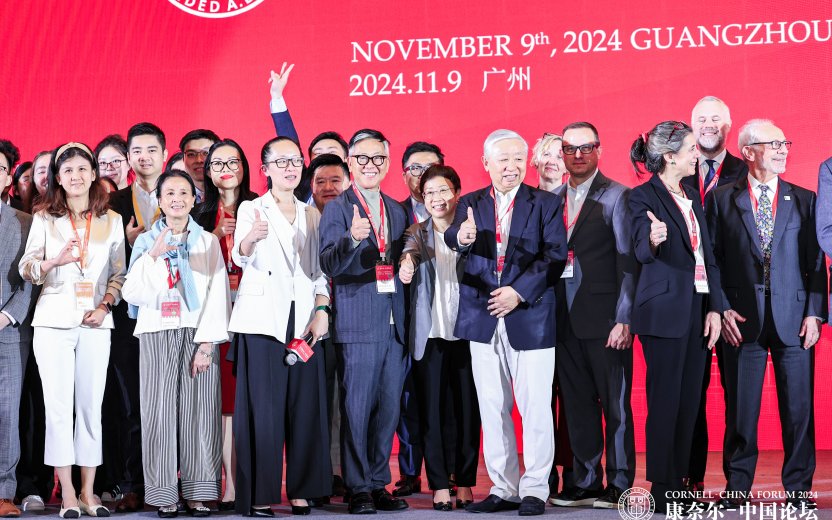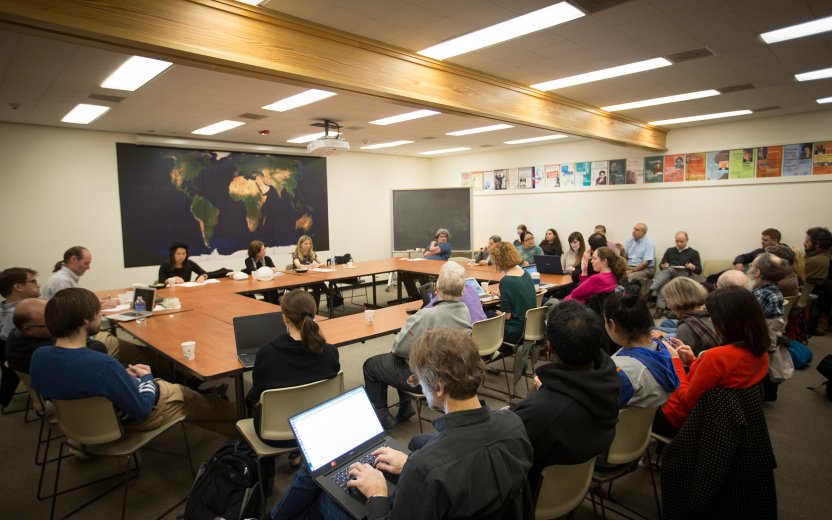Mainland China
Hubs Partners in Mainland China
Peking University
Founded in 1898, Peking University is a public research university in Beijing known for excellence across disciplines. With strong humanities, social sciences, natural sciences, and engineering programs, it is home to over 40,000 students. The university emphasizes critical thinking, academic freedom, and international collaboration.
Tsinghua University
Established in 1911 in Beijing, Tsinghua University is a public institution known for engineering, science, economics, and management. With a strong global reputation for research and innovation, Tsinghua is home to more than 50,000 students and a key hub for international academic exchange and policy dialogue.
China Agricultural University
China Agricultural University (CAU), a public institution founded in 1905, is based in Beijing and specializes in agricultural, life, and environmental sciences. CAU is a national leader in food security, sustainability, and rural development and collaborates internationally on research and education focused on global agricultural challenges.
Shanghai Jiao Tong University
Founded in 1896, Shanghai Jiao Tong University is a public research university with strong engineering, medical, and business programs. Located in China’s financial capital, the university serves over 60,000 students and fosters international science, technology, and innovation partnerships across its multiple campuses and research institutes.
Zhejiang University
Zhejiang University, established in 1897 in Hangzhou, is a public research institution with a broad academic portfolio across seven campuses. Known for science, technology, medicine, and the humanities, the university has over 60,000 students and is deeply engaged in interdisciplinary research and global academic partnerships.
Two-Way Exchange
During the COVID-19 pandemic, over 700 international students who could not return to campus were hosted by partners worldwide as part of our Study Away initiative. Our Mainland China partners enabled students to attend Cornell classes while sharing cocurricular activities and access to local facilities and services, providing Study Away students with a Cornell community away from Ithaca. Since 2022, 106 students from these institutions have come to Cornell on exchange.
Cornell's colleges of Arts and Sciences, Agriculture and Life Sciences, and Cornell Engineering have sent students to study at partner institutions in Mainland China.
Research Highlight
Smart Necklace Recognizes English, Mandarin Commands
Cheng Zhang, assistant professor of information science, and doctoral student Ruidong Zhang developed a silent-speech recognition device, SpeeChin, that can identify silent commands using images of skin deformation in the neck and face. The work was funded by Cornell Bowers Computing and Information Science, with additional support from a Shanghai Jiao Tong University–Cornell seed grant from the Cornell China Center. Read more about SpeeChin.
Cornell China Center
The Cornell China Center in Beijing builds on over a century of Cornell engagement with China. Launched in 2016, the center supports research and education, promotes Cornell’s visibility through dynamic programs, and connects with Chinese students and alumni to foster lasting partnerships and address global challenges.


